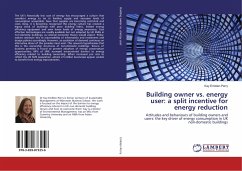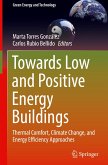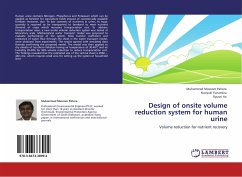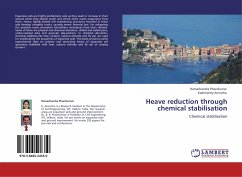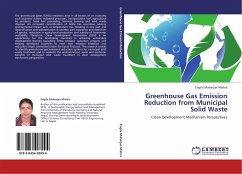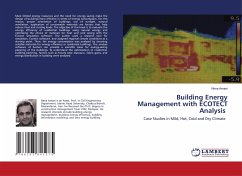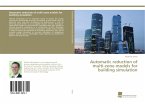The UK's historically low cost of energy has encouraged a culture that considers energy to be in limitless supply and excessive levels of consumption acceptable. Now that supplies are becoming restricted and costs rising, it is becoming recognised this energy culture has created a legacy stock of buildings with poor building fabric, limited energy efficiency equipment and even lower levels of energy awareness. Cost effective technologies are readily available but not adopted by UK SMEs in non-domestic buildings, as rational economic theory would expect. Policy-makers attribute this to inaccessibility of information and investment and design policies accordingly. However, as escalation of demand continues an alternative driver of this paradox must exist. This research hypothesises that this is the ownership structures of non-domestic buildings. Tenure of business premises is found to prevent adoption of energy conservation opportunities; 64% of SME surveyed encountered barriers toenergy efficiency related to building ownership. When increased pro rata to reflect the UK SME population, almost 2.5 million businesses appear unable to benefit from energy improvements.
Bitte wählen Sie Ihr Anliegen aus.
Rechnungen
Retourenschein anfordern
Bestellstatus
Storno

